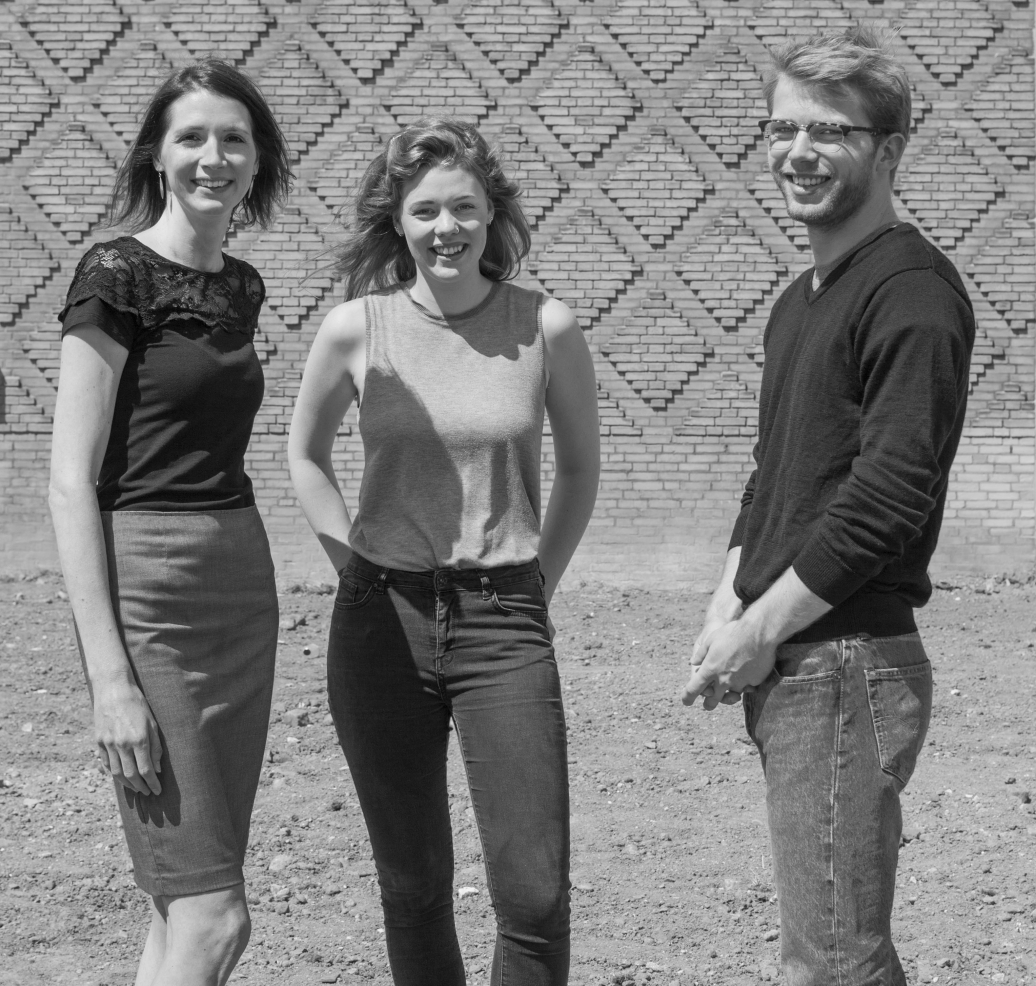Problem-Based Learning (PBL) is a cornerstone of Maastricht University’s identity. It is iconic, yet a lot less monolithic than one might assume. Wary of resting on its ‘leading in learning’ laurels, UM commissioned research into the practices, problems and potential of its educational philosophy – all with a view to formulating a vision for the future.
UM’s 40th anniversary in 2016 was cause for celebration as well as reflection. In a fairly short time, it has grown from a small medical programme to an institution with six faculties and more than 16,000 students. The university’s commitment to PBL has survived expansion and internationalisation. But what is the current state of education at UM, what its future?
To address these questions, EDview was launched: a collaboration between EDLAB (the UM institute for education innovation) and the Department of Educational Development and Research at the FHML. Project managers Janneke Frambach and Stella Wasenitz as well as Sebastian Hühne, junior project manager at EDLAB, surveyed almost 2,000 stakeholders and conducted focus groups and interviews across all faculties.
Better translation into practice
“We look not just at what happens in tutorials, or even just at PBL, but at education in general and how it can be further improved,” explains Frambach. “We want to look at the diversity that has emerged here in the last decade or two to see how we diverge and what we can learn from one another.”
EDview is unlikely to trigger a revolution, however. The results show broad support for the theory behind PBL, and a strong desire to further improve it in practice. “Some respondents wrote thousand-word essays in the comment fields!” Wasenitz clearly shares their enthusiasm: during her bachelor’s programme at UCM, she herself took part in a think tank to improve PBL.
A philosophy, not a rule book
EDview has managed to tease out several points for improvement, including ‘constructive alignment’. “UM made a momentous choice by subscribing to the PBL philosophy,” Wasenitz explains. “That should influence everything, from teaching and learning to assessments.” Most of all, it is vital not to see PBL as dogma but to draw attention to its diversity and its untapped potential.
As well as teaching knowledge and skills, PBL should teach the ability to acquire knowledge and skills. Its core principles are captured in the keywords constructive, collaborative, contextual and self-directed (CCCS). At UM, the ‘seven-step approach’ helps educators live up to these principles: clarify difficult terms in the problem case, formulate a problem statement, brainstorm, structure the outcomes, formulate learning objectives, study independently and, finally, discuss the findings. While a natural way of solving problems, many perceive this model to be too restrictive.
Empowering teachers
“Why do we still cling to the seven steps as though it’s an end in itself rather than a means?” Frambach asks. She highlights a web of interconnected factors: marketing and communication, PBL training and support for students and teachers, educational leadership and HR policies. “We should create an environment with space for creative endeavour, as well as enough guidance to prevent insecurity about what is expected from teachers.” This would include exchanging knowledge, providing best practice examples and communicating clearly that teachers are free to interpret the methodology to suit the intended learning outcomes.
“How can students best learn specific competencies?” Frambach thinks that teachers, in co-creation with their students, are in the best position to come up with and refine bespoke answers. “The seven-step approach obviously fits the patient case in medicine, but it doesn’t make sense to try to fit each and every problem into the same structure. In the humanities, you might want to critically discuss a book without collectively formulating learning goals for the next session. There are different ways of translating the principles according to different needs. ”
For more information, go to the following link.
Photo credit: Janneke Frambach, Stella Wasenitz and Sebastian Hühne (Maastricht University)
Text by Florian Raith
Photo by Philip Driessen










